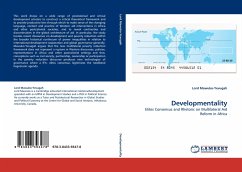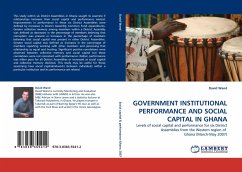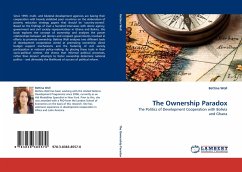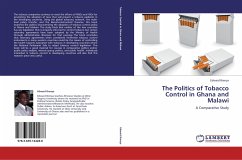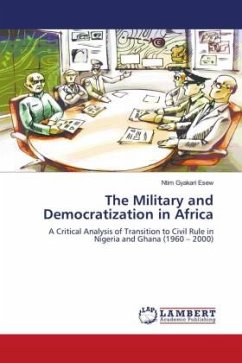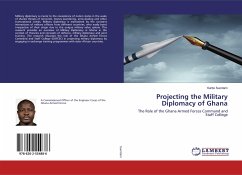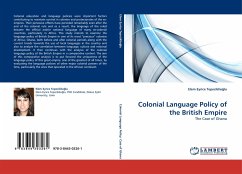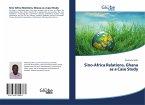This work draws on a wide range of postcolonial and critical development scholars to construct a critical theoretical framework and to provide productive lens through which to make sense of the changing language, content and practice of Western aid interventions in Africa and other postcolonial societies, and to reveal continuities and discontinuities in the global architecture of aid. In particular, the study locates recent discourses on development and poverty reduction within the broader historical continuum of power inequalities in relation to international development cooperation and global governance generally. Mawuko-Yevugah argues that the new multilateral poverty reduction framework does not represent a rupture in Western discourses, policies, representations in Africa and other postcolonial settings and that, conceptions such as civil society, partnership, ownership or participation in the poverty reduction discourse produces new technologies of governance where a IFIs-elites consensus legitimizes the neoliberal hegemonic agenda.

